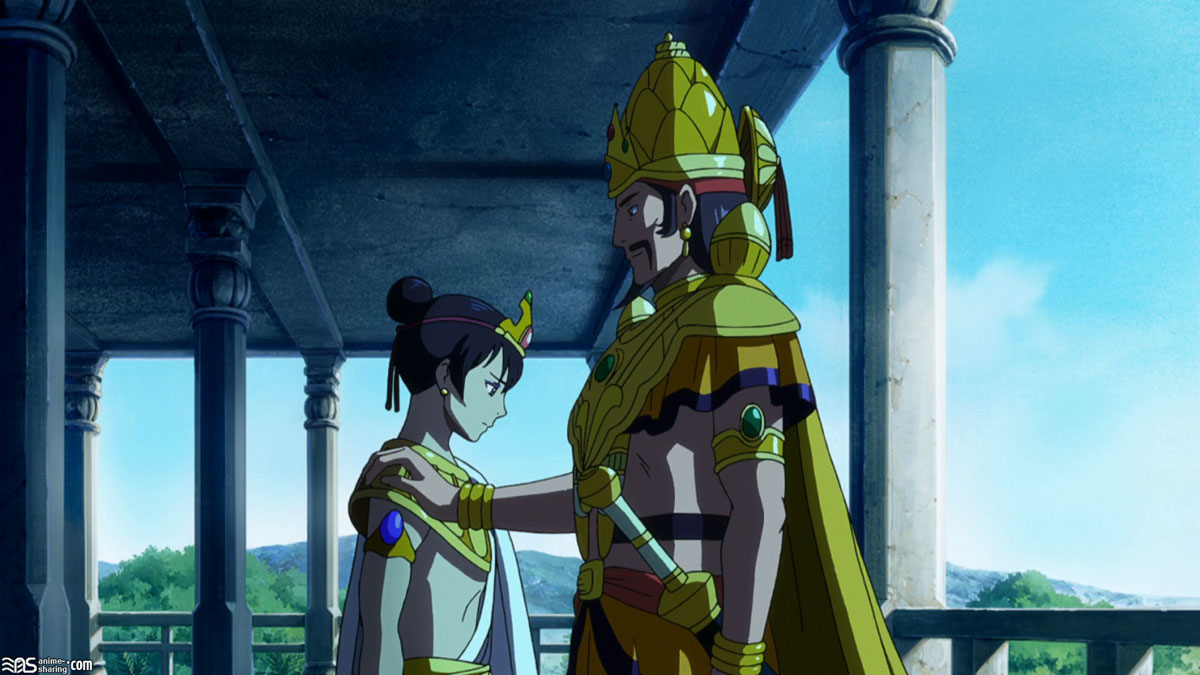This Sunday will be Father’s Day in Hong Kong. Most young people, luckily, will get to enjoy the 18th with their old men. In the grand scheme of things it’s not uncommon for kids to lose their father (or both parents) earlier in life. In the end, we all are destined to be orphans. We just hope to be orphaned as late as possible. We want our parents to stay with us well into our adulthood; by that time we’re hopefully emotionally mature enough to let go when the time comes.
When I look at so much of fiction and pop culture (not just the classics like King Lear or Chinese literature but also Batman, Superman, or Star Wars) I realize just how important the father-son archetypal relationship is to our collective folk memories. The father, be it through presence and nurture or absence and distance (or even a combination of both), shapes what the son becomes. Or, the son becomes what he is in defiance, or in spite, of his father.
The father need not be biological. He can be an adoptive father, a mentor, or a spiritual figure. Fathers, through their love and guidance or neglect and abuse, shape how their sons react to the state of “son-hood,” the experience (or lack thereof) of being “the fathered.”
The Buddha is seen in popular culture to have had a largely negative experience of his father figure. In a sense his entire spiritual journey starts off as an attempt to overcome King Suddhodana. It is intensely personal, a conflict between father and son about who the son is and should be. It also, however, reflects the cosmic struggle for Siddhartha to fulfill his destiny and become a Buddha.
Despite his father’s attempts to shield him from the world’s sorrow and true state of things by locking him up in the royal estate, Siddhartha manages to sneak out and witness the Four Sights. He flees the palace, depriving his father of an heir. Upon his return to Kapilavastu after his Nirvana, he ordains his son Rahula (Suddhodana’s grandson) into the monastic order. It’s not simply the overthrowing of the father figure as is common in world myth and lore, but sacrificing oneself and one’s own progeny to deny him any hope of familial or institutional survival.
Of course, Buddhism as lived in the real world (perhaps especially Chinese Buddhism, but really in all its forms) has the utmost esteem for fathers. The story, rather, exists at a mythic level, reminding us that it is not Suddhodana who is the true father figure. It is the Buddha. It is the Buddha who, as the realized embodiment of the Dharma, overcomes even the bonds of conventional fatherhood and reveals himself as the father of all beings.
Have some pity on Suddhodana. He was a being of samsara and it was his karma to serve as a futile foil to the Buddha’s cosmic victory. When all is said and done, I think he comes more across as lonely and desperate rather than draconian and controlling. Fathers cast a shadow over us, one that we can never escape. They loom over us sons in our dreams, inspirations, and dark moments. But they, too, were sons once.

